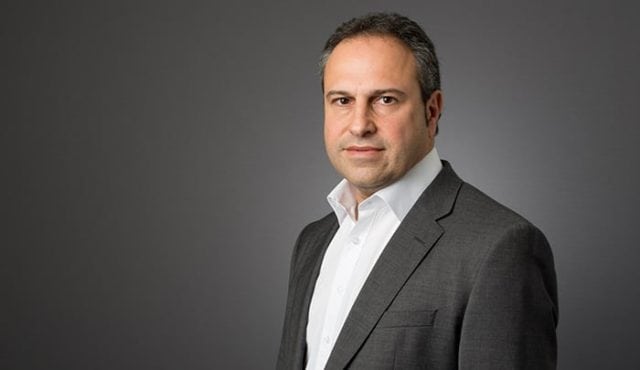Lenders warned not to go up the risk ladder twice
By Jonathan Newman
For the first time in all my years of practice, too many to mention, my firm is turning away new custom.
The reason is not lack of capacity. Far from it. The teams and practice continue to grow to meet demand.
These potential new clients appear to have a fixation on price and an appetite for the dilution of service requirements – professional services lite.
Why? “For speed”, they say, “or cost to the customer”.
In today’s market, should these considerations outweigh a requirement for the right professional resource, to deliver the right professional job, comprehensively and thoroughly?
Increasingly it appears that new lenders in the market, some without the benefit of past experience, or some having erased from their own memories, hard lessons taught in the last recession, are seeking to drive down professional fees. But for what gain and to what advantage?
To achieve a reduction in costs, they say ‘compromise’ and suggest more limited due diligence – is that wise? Can a professional service provider reduce their liability proportionately? And should they? Is giving them what they want, but not what they require, the answer?
These are difficult questions for today’s professional partners.
Limiting cost and service might appear to work commercially, on a superficial level, but this can be potentially very damaging for lenders, further down the loan journey.
A law firm or surveyor who is procured simply on price, may not have the right knowledge, skills and experience to handle issues and complications that do arise in short-term loans, even in what appears to be vanilla cases.
Similarly, if professionals are asked to provide less than a comprehensive service -a lite version – which is appropriately priced, delivery is often provided by less senior staff.
Inevitably, the lender moves up the risk curve – without messing with LTVs and riskier asset classes.
I hear much about lenders and this risk curve – but those discussions centre on riskier lending, not on watered down, professional relationships.
More now than ever before, lenders need the right professional partners to protect them, in a market where the pressure is to be flexible and commercial; where the classes of lending are trickier; and where levels of default and areas of dispute remain more common, than in the mainstream mortgage market.
Lenders need to balance their appetite for greater distribution share, with minimising risk, not by indirectly and unconsciously increasing it.
By way of example, in a recent claim against originating surveyors, lenders sought damages from valuers retained at short notice, to produce a quickfire, limited bricks and mortar valuation for the purposes of lending.
The lender did not require and the valuer did not provide, a detailed structural report.
As it subsequently turned out, a number of very significant issues concerning the structure and fabric of the building were identified at exit stage by a surveyor attending, who provided the full comprehensive report, which, the lender ought to have insisted on (and that’s not a statement with the benefit of hindsight!).
That lender now regrets their decision to meet the need for speed and reducing customer cost and is looking for indemnity for their losses.
That will be a very difficult task indeed as limited responsibility comes from limited reports. From an underwriting perspective, a substantial loan on a unique property project, with a one and only exit strategy, demands more than a cursory pro-forma nod to valuation and legal due diligence.
The bridging market has evolved over the last few years. So has the legislation and regulation.
The challenges and issues around loans are more complicated now than ever before.
Layered on top of that, there is increasing responsibility for professional firms to deal with their own regulatory issues, such as anti-money laundering, GDPR and cybercrime.
All of this translates into greater sophistication and more reliable support being available, but that comes at a cost.
So, in an increasingly competitive market, many lenders looking to increase LTVs and enhance the customer journey, to build a point of difference.
So the very last thing lenders should be doing is yielding on the quality of professional partners, or what they demand from them. Good choice of professional partners and letting them do their job, is a counter balance to moving up the risk curve.
The stakes are high. Inadequate professional support and lenders will see their brand reputation and customer trust under threat, as well as their bottom line.
All stakeholders, including the customer, lender, professional service suppliers must be comfortable with service levels, lender’s minimum needs, price and value for money.
It’s not all criticism, though. On a positive note and it says much about the quality of those leading the market, established lenders do recognise that these issues impact greatly on their proposition.
Those that understand, have shown themselves to be proactive in their relationships, regularly seeking engagement to ensure that existing fee arrangements and service models are up-to-date and fit for purpose, commensurate with the services needed today (not five years since).
Simply put, they take comfort from our comfort in being able to deliver quality advice, with the right personnel at the right level, at the pace they require. Price is an issue for us all.
JONATHAN NEWMAN, SENIOR PARTNER AT BRIGHTSTONE LAW











You must be logged in to post a comment.